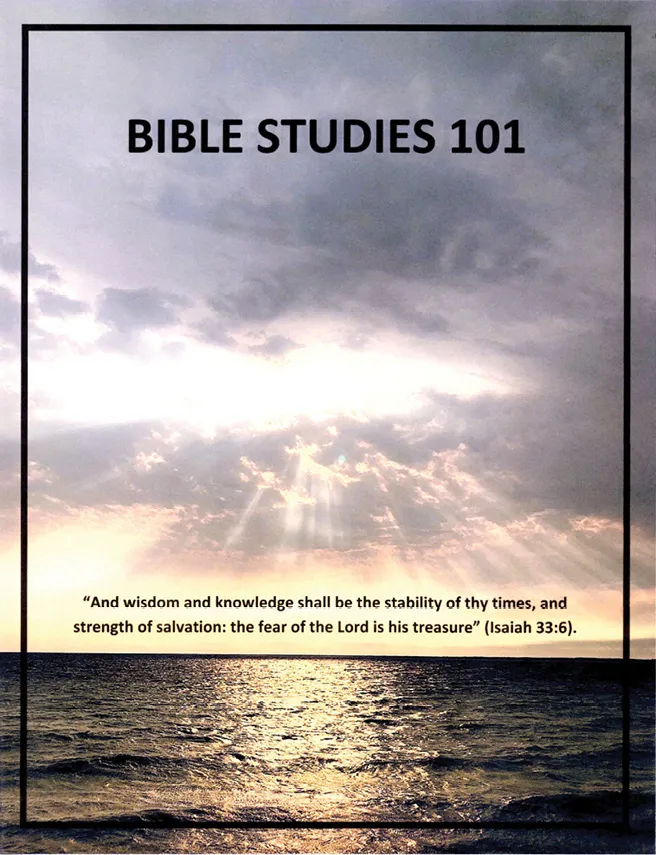![]()
![]()
The Bible
To many, the Bible can be summed up as “a mere translation of a translation of an interpretation of an oral tradition” and therefore, a book with no credibility or connection to the original texts. This is a misunderstanding by Christians and non-Christians alike.
In fact, the origin of the Bible is the reliability of the manuscripts from which today’s Bibles are translated. Remarkably, there is widespread evidence for absolute reliability.
Over fourteen thousand ancient manuscripts exist today from which today’s Bible is translated, giving evidence to widespread reliability from the Middle East, Europe, and Mediterranean regions that dramatically agree with one another. In addition, these manuscripts agree with the “Septuagint” version of the Old Testament, the Greek translation from the Hebrew language during the third century BC.
The Dead Sea Scrolls, discovered in Israel during the 1940s and ’50s, also provide phenomenal evidence for the reliability of the ancient transmitting of Jewish Scriptures (Old Testament) before the birth of Jesus.
Long before the invention of the printing press, Hebrew scribes in those days dedicated their lives to copying the scriptures and preserving the accuracy of the Holy Books. They were highly trained to meticulously observe and count every letter, word, and paragraph against master scrolls. A single error would require the immediate destruction of the entire text, requiring them to start over from the beginning.
Some examples of today’s historic and scientific communities of widely accepted early manuscripts are “Aristotle,” with only forty-nine manuscripts in existence which were written fourteen hundred years later (after the fact) and Julius Caesars’ “The Gallic Wars,” with only ten manuscripts remaining, the earliest one written dating a thousand years after the original autograph. In contrast, the manuscripts of the New Testament, with over five thousand three hundred known copies in the original Greek, eight hundred were copied before AD 1000. And some text dating to the second and third centuries AD with the time between the original autographs and the earliest existing copies is only a remarkable sixty years!
William Shakespeare’s thirty-seven plays written circa AD 1600 have gaps in the surviving manuscripts, forcing scholars to fill-in the blanks. Homer’s Iliad, the most renowned book of ancient Greece, has six hundred forty-three copies of manuscripts. In those copies, there are seven hundred sixty-four disputed lines of text as compared to only forty lines in all of the New Testament manuscripts (Norman L. Geisler and William E. Nix, in A General Introduction to the Bible, Moody, Chicago, revised and expanded 1986, page 357). This pales in comparison with the over five thousand three hundred copies of the New Testament that, together, assures us that nothing has been lost. In fact, all of the New Testament, except eleven verses, can be reconstructed from the writings of the early church fathers of the second and third centuries AD.
The origin of the Bible is God. It is an historical book backed up by archeology and a prophetic book that has lived up to all its prophecies so far. God’s letter to humanity, the Bible, collected into sixty-six books, is written by forty divinely inspired writers over a period of sixteen hundred years (1490 BC–AD 100). Divine inspiration may be unrealistic to some. Powerfully, the Bible validates its divine authorship through fulfilled prophesies. An astonishing six hundred sixty-eight prophesies have been fulfilled, and none ever proven false. God decided to use prophecy as His primary test of divine authorship, and an honest study of biblical prophecy will compellingly show the supernatural origin of the Bible. Skeptics have to ask themselves, “Would the gambling industry even exist today if people could really tell the future?” No other Holy Book comes even close to the Bible in the amount of evidence supporting its credibility, authenticity, and divine authorship.
Science is filled with biblical archaeology beginning with the Sumerian civilization of about 2500 BC, through sites and artifacts uncovered about this ancient Mesopotamian culture. An example is the “Sumerian King List” dating back to 2100 BC, dividing Sumerian kings into two categories—those reigning before the great flood and those reigning after the flood, which show the sam...

